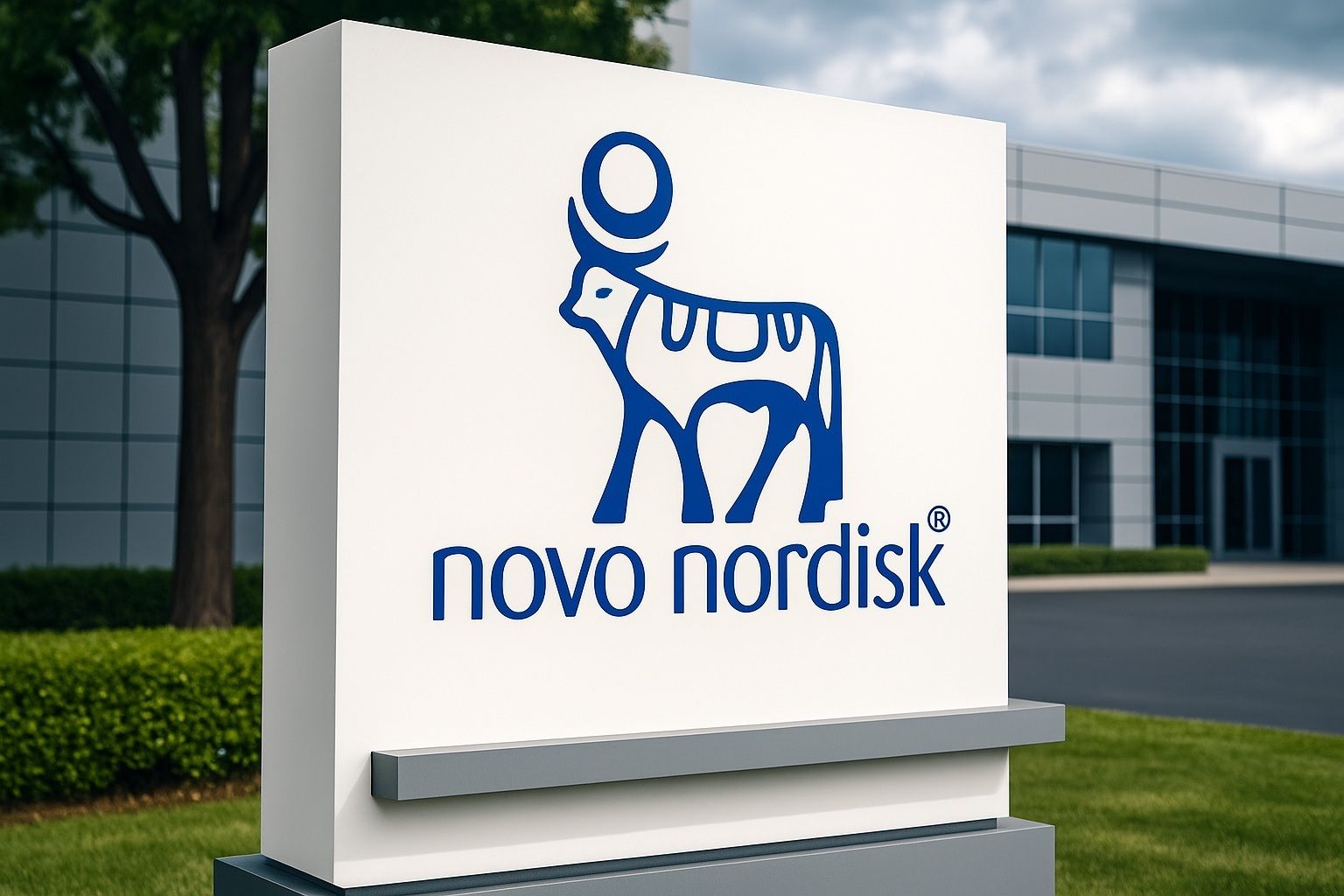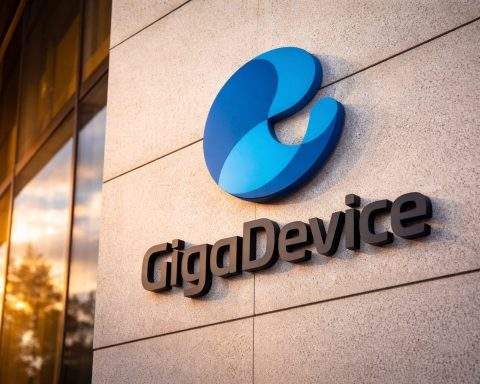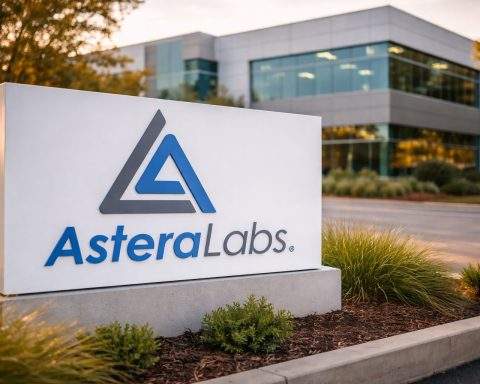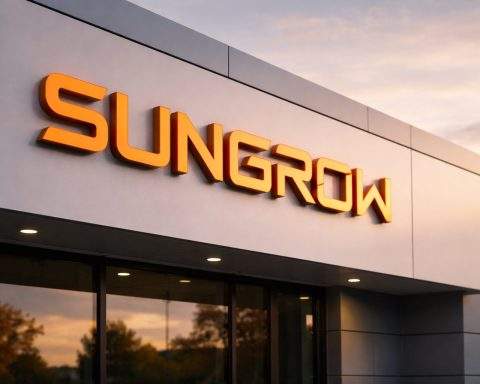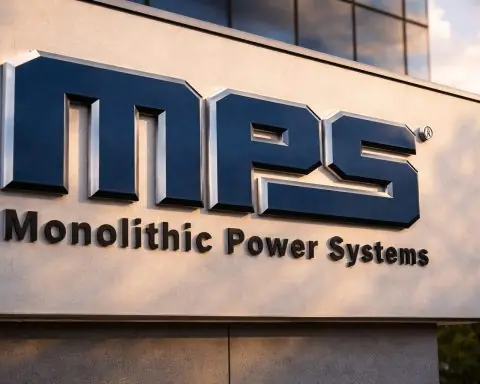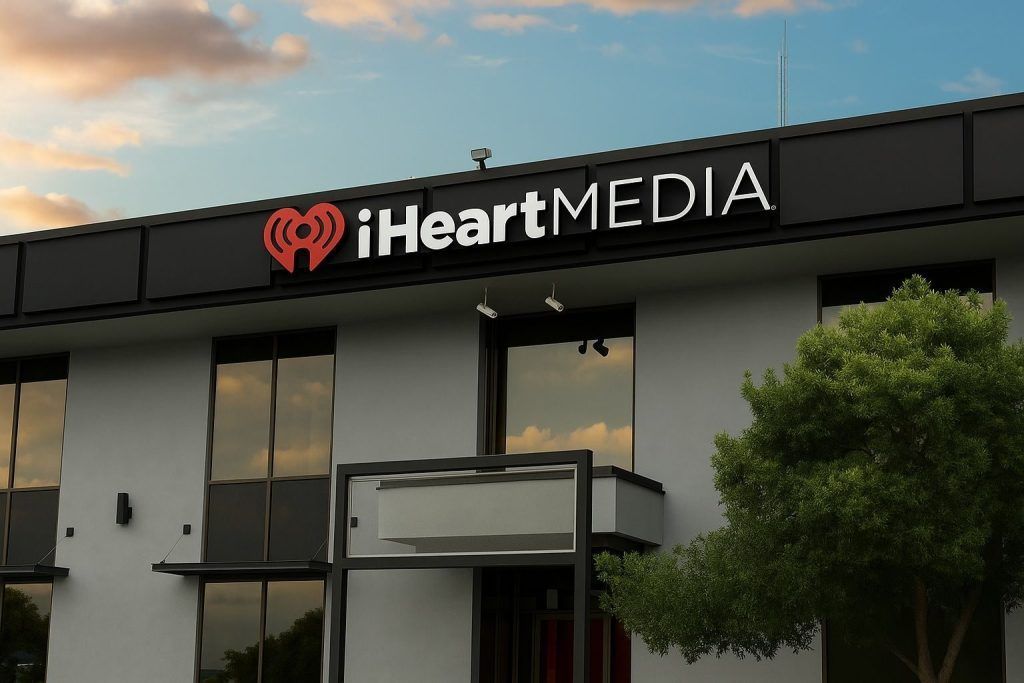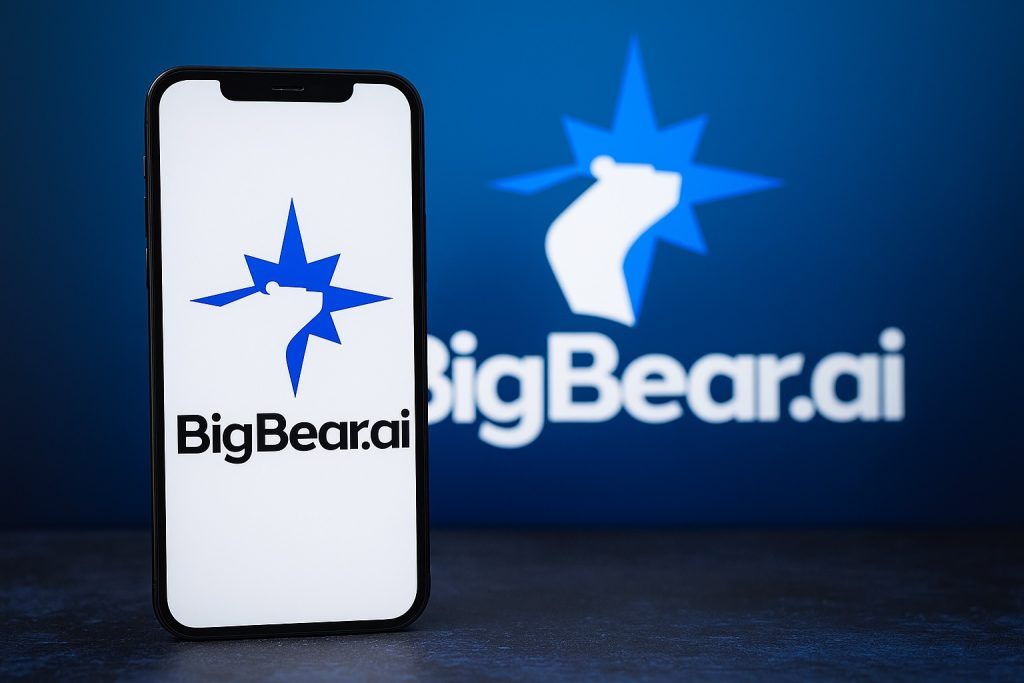- Massive Counterbids: Novo Nordisk has raised its offer for US biotech Metsera to about $10 billion, while Pfizer has countered with roughly $8.1 billionreuters.com. These juicy bids ignite a rare head-to-head “M&A bidding war” for Metsera, which specializes in next-generation weight-loss therapies1 .
- Board Declares “Superior” Offer: Metsera’s board recently deemed Novo’s revised bid “superior” under its existing merger agreement with Pfizermarkets.ft.com. That declaration triggers a 2-day window for Pfizer to try to sweeten its dealmarkets.ft.com. If Pfizer can’t match Novo’s terms in time, Metsera can back out and walk away from the Pfizer pact.
- Legal Showdown: Pfizer has launched multiple lawsuits to block Novo’s challenge. In late October Pfizer sued in Delaware Chancery Court claiming Metsera breached its agreement and sought an injunction to stop a breakupreuters.com. On Nov. 3, Pfizer filed a second suit (in federal court) accusing Novo’s bid of being an anticompetitive ploy to “suppress competition” in obesity drugsreuters.comfiercebiotech.com. Novo Nordisk and Metsera reject Pfizer’s claims as baseless — Novo calls them “absurd” and Metsera says Pfizer is trying to “litigate its way to buying Metsera for a lower price”reuters.comfiercebiotech.com. A Delaware judge is slated to review these claims on Nov. 4.
- Obesity Market Stakes: The fracas is over a slice of the booming obesity/GLP-1 drug market, which analysts value at up to $150 billion annuallyreuters.com. Metsera’s pipeline includes a once-monthly injectable GLP-1 (versus Novo’s weekly Wegovy or Lilly’s Zepbound/Mounjaro) and other weight-loss candidatesreuters.comfiercebiotech.com. Success for Metsera’s drugs (analysts project ~$5 billion in potential sales) could upend the current duopoly2 .
- Share Price Moves: News of the bids has swung stock prices. On Oct. 30, Novo’s stock dipped (~3%) while Metsera’s leapt ~20%reuters.com. By Nov. 4 Metsera shares traded around the low-$60s (down slightly after the legal filings), while Pfizer was roughly flat and Novo down modestlyreuters.com. Notably, Novo’s shares have slumped ~50% this year amid worries over its obesity pipeline3 .
Background: Novo vs. Pfizer in the Weight-Loss Drug Race
The fight for Metsera is driven by fierce competition in GLP-1 obesity drugs. Novo Nordisk is the maker of Wegovy/Ozempic, and Eli Lilly’s drugs recently overtook Wegovy in US market sharereuters.com. Novo’s new CEO Mike Doustdar and the company’s controlling foundation have pushed for bolder moves after days of sliding market performancereuters.comreuters.com. In late October, Novo – which had already agreed a separate $5 billion deal to buy diabetes biotech Akero – suddenly “launched a bid…valuing [Metsera] at some $9 billion and crashing Pfizer’s deal”reuters.com. This was weeks after Novo’s top shareholder overhauled its board to demand a faster turnaround in the weight-loss arenareuters.com3 .
Pfizer, by contrast, has no obesity blockbuster drug of its own. In September it agreed to buy Metsera for up to $7.3 billion (including milestones) in order to jumpstart a presence in the roughly $150 billion obesity marketreuters.com. Its long-awaited annual results (Nov. 4) showed strong profits and a bumped-up full-year forecast, driven by cost cuts and steady core salesreuters.comreuters.com. But Pfizer immediately lost any lead when Novo swooped in.
Latest Bids and Board Response
On Nov. 4 Metsera announced that Novo Nordisk and Pfizer both sweetened their bids. Novo’s revised offer now values Metsera at ~$86.20 per share (about $10.0 billion total)markets.ft.com. That includes $62.20 cash upfront (raised from $56.50) and a contingent payment of up to $24.00 per share on milestone achievementmarkets.ft.commarkets.ft.com. Pfizer replied by boosting its proposal to $60.00 cash upfront (from $47.50) and cutting its milestone payment to $10.00markets.ft.com, valuing its bid at about $8.1 billion4 .
Metsera’s board, advised by lawyers and bankers, decided Novo’s bid qualifies as a “Superior Company Proposal” under its merger agreement with Pfizermarkets.ft.com. By the rules of that deal, Pfizer now has two business days (starting Nov. 5) to try to revise its terms so that Novo’s bid is no longer superiormarkets.ft.com. If Pfizer fails, Metsera can terminate the Pfizer agreement and side with Novo. (The board stated that shareholders still should approve the Pfizer merger if the battle ends in Pfizer’s favormarkets.ft.com, but no shareholder vote is needed yet5 .)
The Legal Showdown
Pfizer has hauled the fight into court. It first sued Metsera and Novo in Delaware Chancery on Oct. 31, claiming Metsera breached the merger pact by declaring Novo’s offer superiorreuters.com. The suit asked for a restraining order to keep Metsera from terminating the Pfizer deal. On Nov. 3 Pfizer filed a second suit in federal court, accusing Novo of using an outside date (a 30-month close deadline) to deliberately delay Metsera’s obesity drugs and block competitionreuters.com. Essentially, Pfizer argues Novo’s bid is an “illegal attempt by a company with a dominant market position to suppress competition”6 .
Novo Nordisk vigorously denies wrongdoing. A spokesperson said Pfizer’s claims are “meritless” and vowed to defend the offerreuters.com. Novo stated it fully followed all deal restrictions, calling Pfizer’s suggestion that it would “impair or potentially stop an emerging US competitor” “absurd”reuters.com. Metsera similarly slammed Pfizer’s tactics: the biotech said Pfizer is using litigation to drive down the takeover price and described Pfizer’s arguments as “nonsense”reuters.comfiercebiotech.com. Analysts note that Pfizer even secured early antitrust clearance on its own deal – the FTC granted early Hart-Scott-Rodino approval on Oct. 31reuters.comfiercebiotech.com – indicating regulators saw no obvious competition roadblocks for Pfizer alone.
A court hearing on Nov. 4 will test these claims. If the judge blocks Metsera from walking away, Pfizer could try to force a negotiation. But if Pfizer cannot quickly match Novo’s terms, Pfizer may ultimately allow Novo’s deal to proceed (likely for a breakup fee). The situation remains fluid, and both sides have hired heavy legal firepower. As FierceBiotech observes, “With no recourse in sight… the legal proceedings are shaping up to be one of the most high-profile legal battles in recent pharma history”7 .
Expert Perspectives and Market Analysis
Observers see this as a high-stakes gambit for the next wave of weight-loss treatments. Marking the frenetic pace, Mikael Bak of the Danish Shareholders’ Association praised the new aggressiveness: “We asked them to become more aggressive and ambitious… This is a signal” for Novoreuters.com. Claus Johansen of Global Health Invest echoed the sentiment, noting Novo’s deal reflects a “desire and wish to win” under the new board regime8 .
At the same time, analysts warn the price is steep. Jyske Bank’s Henrik Laustsen said Novo is paying “quite a high price” for Metsera’s experimental drugs, and that valuation has to be weighed against regulatory risksreuters.com. Bellevue Asset Management’s Paul Major commented that “such boldness is not typical from Novo” and signals how worried investors were about its internal pipelinereuters.com. On the Pfizer side, BMO Capital Markets’ Evan Seigerman noted that continued cost cutting and stable sales have bolstered Pfizer’s results, potentially giving Pfizer some cushion in this fight9 .
Much will hinge on how the obesity drug market evolves. Novo’s dependence on its semaglutide franchise (Wegovy/Ozempic) has grown critical – about 60% of its future revenue rests on itreuters.com – and recent data suggests US obesity prescriptions may be plateauingreuters.com. If Novo’s growth sputters, buying Metsera could be a growth lifeline. For Pfizer, getting Metsera (or failing that, keeping the deal intact) is part of its broader strategy to offset declining COVID-era drug sales. Either way, analysts will closely watch how each company’s obesity forecasts change in coming quarters.
Stock Impact and Outlook
Financial markets are watching too. Novo Nordisk’s stock has tumbled as much as 50% year-to-date amid the obesity-drug shake-upreuters.com. The Metsera saga is likely to add volatility: after Novo’s bid news, Metsera shares spiked (up ~20% on Oct. 30reuters.com), while Novo’s stock dipped. By the evening of Nov. 3, Metsera was near $60.73 (down 3.7% on the day) and Pfizer’s shares were roughly flatreuters.com. If Novo ultimately prevails, investors may worry about the cost to Novo’s balance sheet, though gaining a new drug line could boost long-term growth. If Pfizer retains Metsera, it must justify the higher price to shareholders.
Looking ahead, markets will parse every hint. Novo will report its quarterly results on Nov. 5 (first under CEO Doustdar), at a time when analysts already see pressures on its US obesity guidancereuters.com. Pfizer’s next key shareholder vote (currently Nov. 13) may hinge on this outcome. In the end, the $10 billion-plus war for Metsera underscores the fevered competition in weight-loss drugs – and how far Big Pharma is willing to go to capture its next blockbuster.
Sources: Multiple news outlets including Reutersreuters.comreuters.commarkets.ft.com and FierceBiotechfiercebiotech.comfiercebiotech.com; official company releasesmarkets.ft.compfizer.com; and expert commentary cited in those sourcesreuters.comreuters.com (all information as of Nov. 4, 2025).
